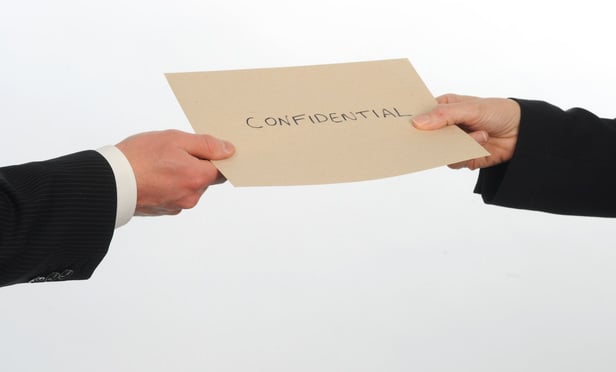On Dec. 10, 2014, the U.S. Court of Appeals for the Second Circuit reversed the convictions for insider trading of Todd Newman and Anthony Chiasson. The decision—United States v. Newman and Chiasson1—addressed the proof needed to establish insider trading liability of “remote tippees,” i.e., individuals who were part of a chain of people sharing and trading on confidential information. The Second Circuit held that to be liable for insider trading, the government must prove that the tipper received a personal benefit for sharing material non-public information and that the defendant receiving the tip knew (or should have known) of the personal benefit to the tipper. While the Second Circuit attempted to clarify the requirements for remote tippee liability, it left a number of important questions unanswered. This article addresses one of these questions: When does a tipper benefit by giving a gift of confidential information?
The court indicated that not all gifts of confidential information will involve a personal benefit to the tipper, but its decision lacked the clarity to allow attorneys to know where the line will be drawn in future cases. One thing that remains clear after Newman is that some gift-givers will still find themselves on the hook for insider trading—as could tippees who know the gift benefited the tipper. Until the courts provide additional guidance on this issue, traders, attorneys and compliance professionals will need to tread the evolving landscape of insider trading law carefully.



